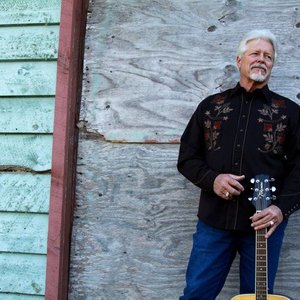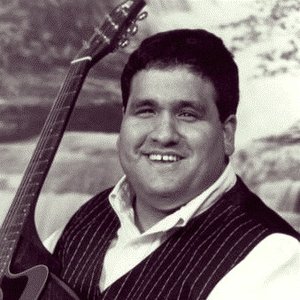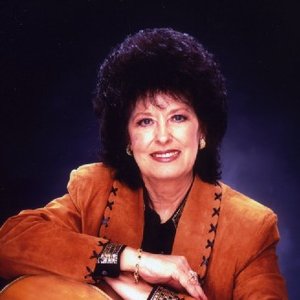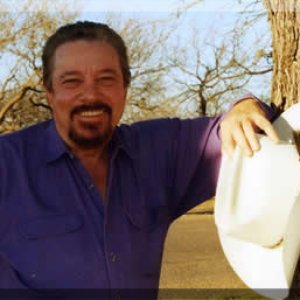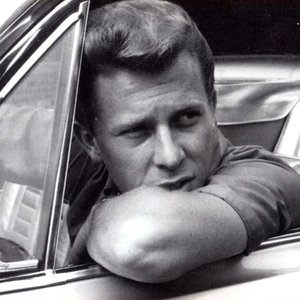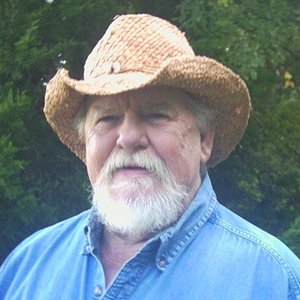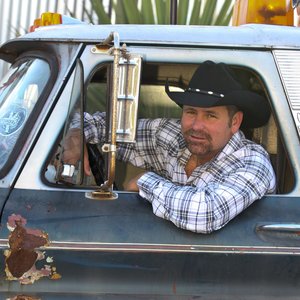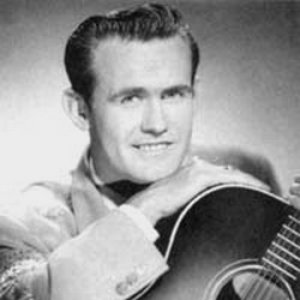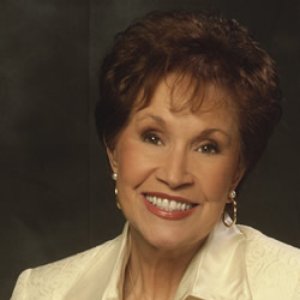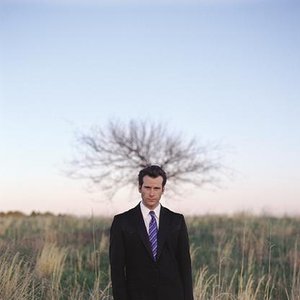Biography
-
Born
17 February 1935
-
Born In
Houston, Harris County, Texas, United States
-
Died
16 October 2020 (aged 85)
Johnny Bush, born February 17, 1935 as John Bush Shinn III in Houston, Texas - died October 16, 2020, was a country music singer, songwriter, and drummer. Bush, nicknamed the "Country Caruso," is best-known for his distinctive voice and as the writer of "Whiskey River," a top-ten hit for himself and Willie Nelson's signature song. He is still popular in his native Texas.
Born John Bush Shinn III in the blue-collar neighborhood of Kashmere Gardens in Houston, Texas, Bush listened to the western swing music of Bob Wills and His Texas Playboys and the honky-tonk sounds of artists like Ernest Tubb, Lefty Frizzell and Hank Thompson. Thanks to a disc jockey uncle, Bush got a taste for performance. In 1952 he moved to San Antonio, Texas, where he began solo career in area honky-tonks like the Texas Star Inn before switching to drums. It was during this period that he earned his stage name, when an announcer mistakenly introduced him as "Johnny Bush." As a drummer he worked for bands like the Mission City Playboys, the Texas Plainsmen and the Texas Top Hands.
A series of regional hits on the Stop label, including Marty Robbins's "You Gave Me a Mountain", "Undo the Right", "What A Way To Live" and "I'll Be There", soon followed. Rock critic Robert Christgau said that Bush's version of "You Gave Me A Mountain" "brings a catch to the throat and a tear to the eye." These songs did very well in Bush's native Texas, and reached the national top twenty. In 1972 he was signed to RCA Records, whose Nashville division was helmed by legendary guitarist Chet Atkins. His first RCA single, "Whiskey River," was climbing the charts with airplay on countless radio stations when his voice began faltering. Bush even felt he was being punished by God for his sins. Bush has since said: "I thought because of my promiscuous behavior and bad choices and being raised as a Baptist, that it was a punishment from God."
Bush lost half of his vocal range and was sometimes unable to talk. RCA dropped him in 1974 after three albums, he developed a drug habit, and was often stricken with performance anxiety when he was able to perform at all. After several misdiagnoses, doctors diagnosed the cause in 1978, when they discovered he had a rare neurological disorder called spasmodic dysphonia. Although this did not prevent him from recording, Bush's career began to take a downturn. He worked with a vocal coach in 1985, and was able to regain seventy percent of his original voice.
In 1986, Bush teamed up with Darrell McCall, recording a successful honky-tonk album Hot Texas Country, and began assembling a large country band (as did Willie Nelson), performing around south Texas. In 1994 the band released Time Changes Everything, the same year that RCA released a greatest hits album. A major tour soon followed. Johnny Bush continues to tour regularly, often performing with Willie Nelson and Merle Haggard.
Several albums on local Texas labels soon followed. His renewed visibility made him a mentor figure to younger Texas musicians who revered the honky-tonk/hardcore country sound that Bush has done so much to keep in the public eye. Austin musicians like Dale Watson and Cornell Hurd sought him out to play on their albums. In 2003, he was inducted into the Texas Country Music Hall of Fame with his life-long friend Willie Nelson on hand to induct him. In 2007 he released his autobiography, with the aide of Rick Mitchell: Whiskey River (Take My Mind): The True Story of Texas Honky Tonk, published by University of Texas Press. A new album, Kashmere Garden Mud: A Tribute to Houston’s Country Soul was released on the Icehouse label at the same time.
With the success of his recent Botox treatments for his vocal condition, and his successful career revival, Bush is a spokesman for people afflicted with vocal disorders. In 2002 he was honored in 2002 with the Annie Glenn Award, named for the wife of the John Glenn, by the National Council of Communicative Disorders for his work in bringing attention to the condition of spasmodic dysphonia.
Artist descriptions on Last.fm are editable by everyone. Feel free to contribute!
All user-contributed text on this page is available under the Creative Commons Attribution-ShareAlike License; additional terms may apply.

